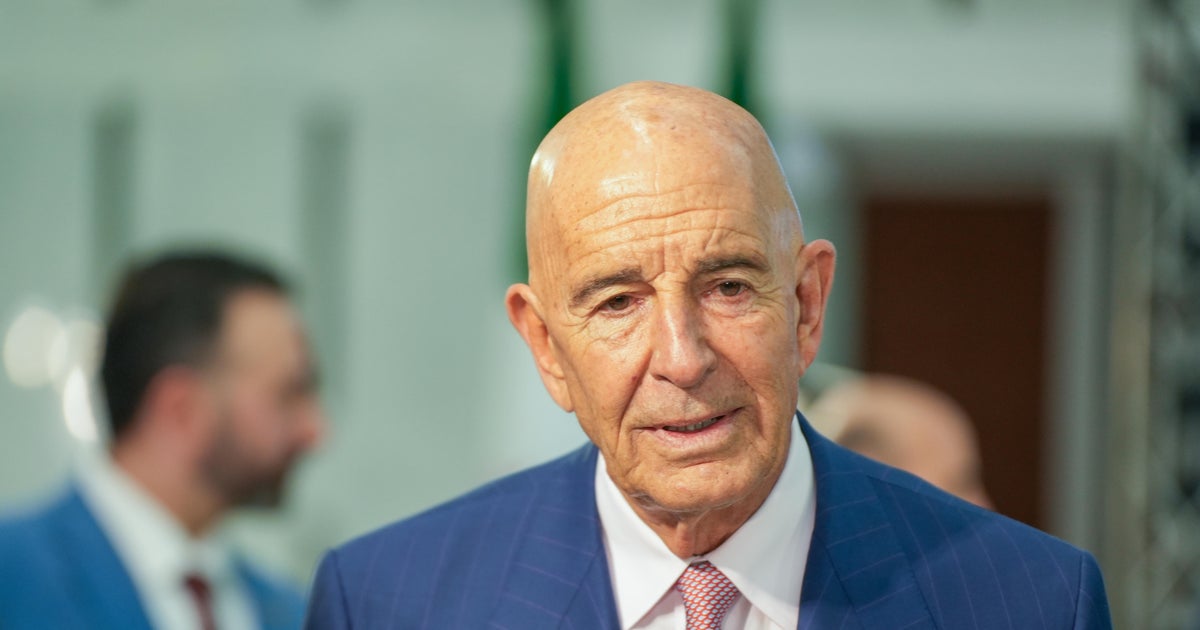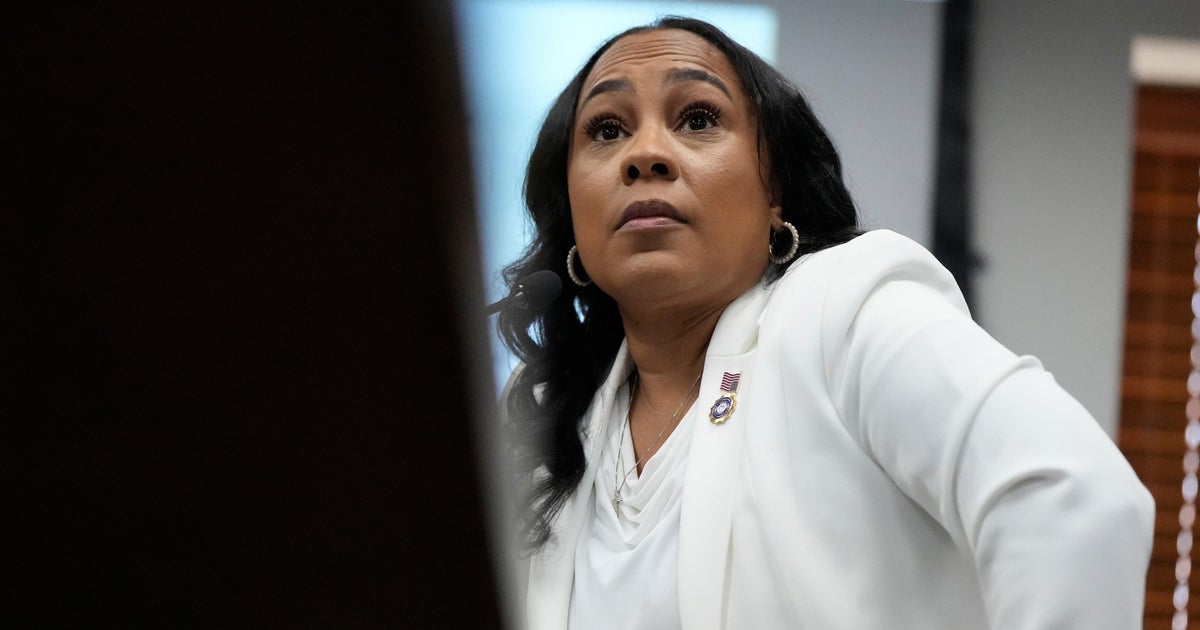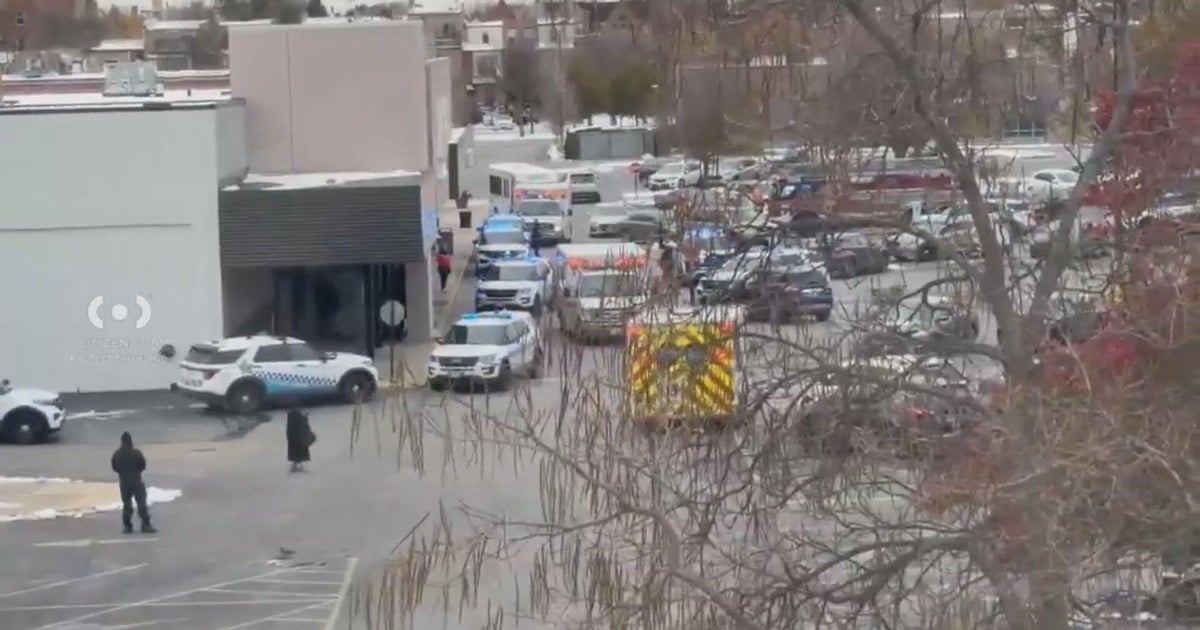Pittsburgh professor explains why misinformation circulated after attempted assassination of Trump
PITTSBURGH (KDKA) — Shortly after shots rang out at the Trump rally in Butler County, false and misleading information started spreading like wildfire.
We live in a time when anytime major news occurs, people turn to social media to search for answers. But it can be difficult to tell what's real and what's not.
Misinformation and disinformation have been bubbling up on social media platforms in the wake of the assassination attempt on former president Donald Trump. The shooting killed a Butler County man and critically injured two others.
"Anytime there's something new and scary and inexplicable, we all try to make sense of that. And the more that there's uncertainty or that it's frightening or emotionally activating, the more we fall back on trying to reconcile this with things that we already knew, and sort of our pre-existing worldview," said Lara Putnam, a University of Pittsburgh history professor who's also posted in Pitt's International Studies and Institute for Cyber Law, Policy and Security.
Putnam is a misinformation and disinformation expert. She said it's natural to worry when there are few definitive answers after a major incident. It can be tempting to search and scroll on the internet.
"But we're going to dive through and just hit the muck," Putnam said.
She said there are people who feed the muck by pushing out false statements, videos or pictures.
"There are folks out there whose goal it is to get attention. Whether that's to push their political ideologies, whether that's because their political ideologies just demand more chaos, they want to incite division, or they're just looking for attention, or they're looking to monetize attention," Putnam said.
Putnam described why we're seeing a swirl of conflicting conspiracy theories from supporters and critics of the former president.
"They tie the points together into a sort of coherent net, and that's emotionally comforting for all of us, even if the story that's being told as you tie the strings together is a scary story. At least it's coherent," she said.
Her advice? Look to journalists and investigators working to build an accurate and reliable understanding of what happened. Don't rush to conclusions or go down the internet rabbit hole.
"Don't look for instant facts and don't look for the most comforting," Putnam said.
Putnam also said if something grabs your attention or emotions online, it's probably time to step away from the screen.
"Re-focus on understanding that trustworthy institutions take time to produce clarity," she said. "Understanding more now rather than a week from now actually doesn't matter. That's not going to be helpful to the people who are injured. That's not going to be helpful to the people who are grieving. I don't need to know. I don't need to have constant updates. This is not like a true crime podcast. These are real people's lives."







